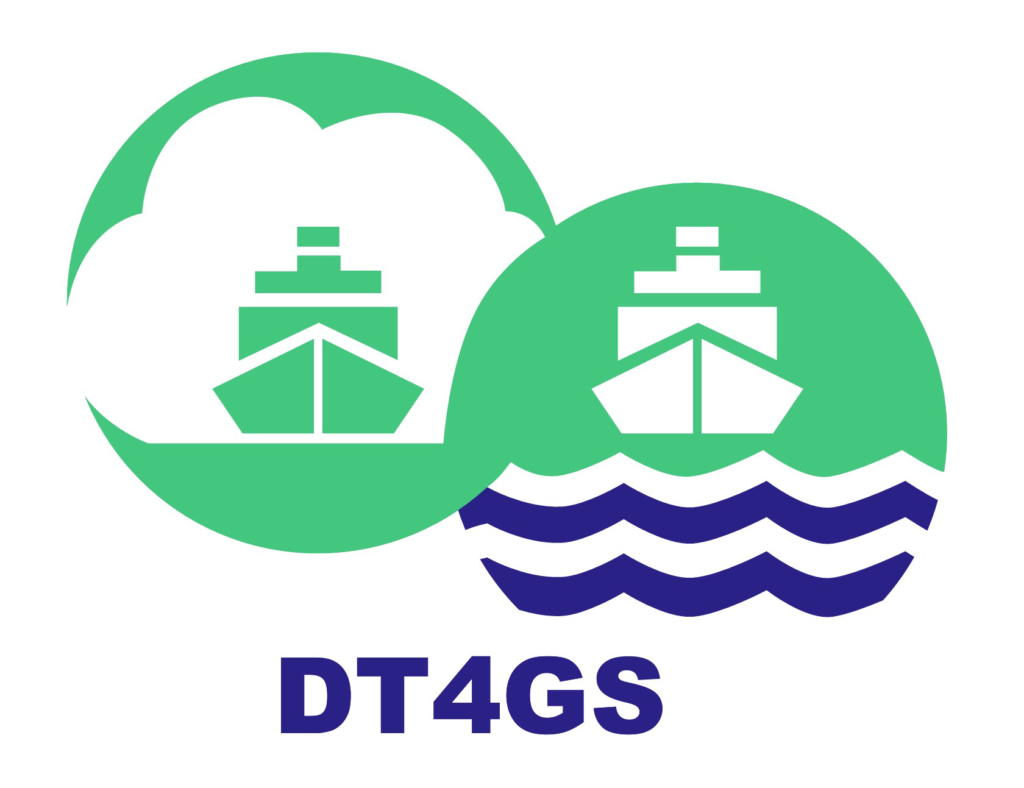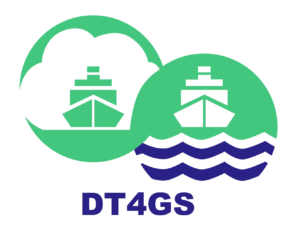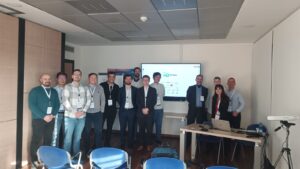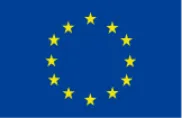In the dynamic landscape of maritime innovation, the European Union’s DT4GS project stands as a beacon of progress, driving forward transformative solutions for decarbonizing the shipping sector. At the forefront of this visionary endeavor stands RINA, a distinguished author of the book, “Shipping Digital Twin Landscape,” poised to revolutionize the way we perceive and utilize digital twin technology in maritime operations.
Within the hallowed pages of this groundbreaking publication, RINA’s expertise shines brightly, illuminating key chapters with profound insights and pioneering contributions. In October 2023, RINA took the helm in Chapter 10, meticulously dissecting the manifold applications of digital twins in shipping. From the precision-driven realm of predictive maintenance for ship machinery to the meticulous management of cargo load areas and the vital battle against hull biofouling, RINA’s visionary analysis unveiled a new era of efficiency and sustainability in maritime endeavors.
Fast forward to December 2023, and RINA once again took center stage, this time in Chapter 5. With unwavering focus, RINA delved deep into the realm of “Shipping Green Fuels Strategies and Benchmarking Supported by Digital Twins,” charting a course towards a greener, more sustainable future for the maritime industry. Through meticulous exploration of alternative fuels, coupled with insightful discussions on regulatory frameworks and technical applications, RINA showcased the transformative potential of digital twins in driving forward the adoption of environmentally friendly practices within the shipping domain.
In October 2023, RINA embarked on a quest to supplement the Literature Study by Julian Hermans, titled “Retrofit Modeling for Green Ships – A Data-Driven Design Approach for Emission Reduction Using Bunker Delivery Notes.” With unwavering dedication, RINA enriched this study with invaluable considerations on the ship design process and pertinent regulatory aspects, laying the groundwork for more sustainable vessel configurations and operational practices.
But RINA’s contributions didn’t stop there. With a keen eye for regulatory frameworks and industry standards, RINA provided crucial insights on the IMO MEPC.1/Circ.896 document, a cornerstone reference for the DT4GS project. This invaluable resource serves to guide manufacturers, shipbuilders, and stakeholders in navigating the complexities of energy efficiency regulations, particularly concerning the Energy Efficiency Design Index (EEDI) and Energy Efficiency Existing Ship Index (EEXI) of ships. By leveraging this document as a compass, RINA ensures that innovative energy efficiency technologies are duly accounted for in the calculation and verification of attained EEDI, in accordance with regulations 5, 6, 7, 8, 9 and 20 of Annex VI to MARPOL”, paving the way for rigorous evaluation and implementation of sustainable solutions. It covers most of the energy saving technologies and should be the key reference for the final evaluation of the performance (individual and cumulative) of the proposed innovations in DT4GS.
DT4GS has received funding from the Horizon Europe framework programme under Grant Agreement No 101056799.





